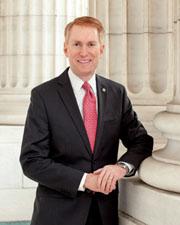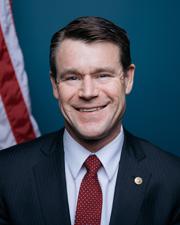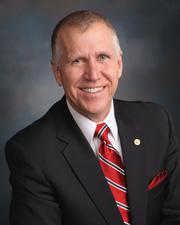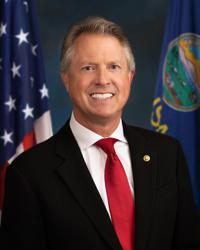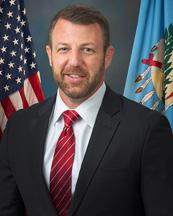0
0
0
Patient Access to Higher Quality Health Care Act of 2023
12/15/2023, 4:06 PM
Summary of Bill S 470
Bill 118 s 470, also known as the Patient Access to Higher Quality Health Care Act of 2023, aims to improve access to high-quality healthcare for patients in the United States. The bill focuses on several key areas to achieve this goal.
First, the bill seeks to increase transparency in healthcare pricing by requiring healthcare providers to disclose the cost of services upfront to patients. This will allow patients to make more informed decisions about their healthcare and avoid surprise medical bills.
Second, the bill aims to expand access to telehealth services, particularly in rural and underserved areas. By increasing access to telehealth, patients will be able to receive care from healthcare providers remotely, reducing the need for in-person visits and improving access to healthcare for those who may not have easy access to medical facilities. Additionally, the bill includes provisions to improve the quality of care provided to patients by healthcare providers. This includes measures to incentivize healthcare providers to meet certain quality standards and outcomes, as well as initiatives to promote evidence-based practices in healthcare. Overall, Bill 118 s 470 seeks to enhance the quality of healthcare available to patients in the United States by increasing transparency in pricing, expanding access to telehealth services, and promoting high-quality care from healthcare providers.
First, the bill seeks to increase transparency in healthcare pricing by requiring healthcare providers to disclose the cost of services upfront to patients. This will allow patients to make more informed decisions about their healthcare and avoid surprise medical bills.
Second, the bill aims to expand access to telehealth services, particularly in rural and underserved areas. By increasing access to telehealth, patients will be able to receive care from healthcare providers remotely, reducing the need for in-person visits and improving access to healthcare for those who may not have easy access to medical facilities. Additionally, the bill includes provisions to improve the quality of care provided to patients by healthcare providers. This includes measures to incentivize healthcare providers to meet certain quality standards and outcomes, as well as initiatives to promote evidence-based practices in healthcare. Overall, Bill 118 s 470 seeks to enhance the quality of healthcare available to patients in the United States by increasing transparency in pricing, expanding access to telehealth services, and promoting high-quality care from healthcare providers.
Congressional Summary of S 470
Patient Access to Higher Quality Health Care Act of 2023
This bill repeals provisions under the Stark law (i.e., the Physician Self-Referral Law) that limit, for purposes of Medicare participation, self-referrals by newly constructed or expanded physician-owned hospitals.
Current Status of Bill S 470
Bill S 470 is currently in the status of Bill Introduced since February 16, 2023. Bill S 470 was introduced during Congress 118 and was introduced to the Senate on February 16, 2023. Bill S 470's most recent activity was Read twice and referred to the Committee on Finance. as of February 16, 2023
Bipartisan Support of Bill S 470
Total Number of Sponsors
1Democrat Sponsors
0Republican Sponsors
1Unaffiliated Sponsors
0Total Number of Cosponsors
28Democrat Cosponsors
0Republican Cosponsors
28Unaffiliated Cosponsors
0Policy Area and Potential Impact of Bill S 470
Primary Policy Focus
HealthPotential Impact Areas
- Health facilities and institutions
- Health personnel
- Medicaid
- Medical ethics
Comments
Sponsors and Cosponsors of S 470
Latest Bills
Dismissing the election contest relating to the office of Representative from the Twenty-eighth Congressional District of Texas.
Bill HRES 309December 12, 2025
Dismissing the election contest relating to the office of Representative from the Fourteenth Congressional District of Florida.
Bill HRES 308December 12, 2025
Dismissing the election contest relating to the office of Representative from the Thirtieth Congressional District of Texas.
Bill HRES 311December 12, 2025
Dismissing the election contest relating to the office of Representative from the Fourteenth Congressional District of Florida.
Bill HRES 312December 12, 2025
Dismissing the election contest relating to the office of Representative from the at-large Congressional District of Alaska.
Bill HRES 310December 12, 2025
Snow Water Supply Forecasting Reauthorization Act of 2025
Bill HR 3857December 12, 2025
ARCA Act of 2025
Bill S 1591December 12, 2025
Ensuring VetSuccess On Campus Act of 2025
Bill S 610December 12, 2025
Halting Ownership and Non-Ethical Stock Transactions (HONEST) Act
Bill S 1498December 12, 2025
Electric Supply Chain Act
Bill HR 3638December 12, 2025
